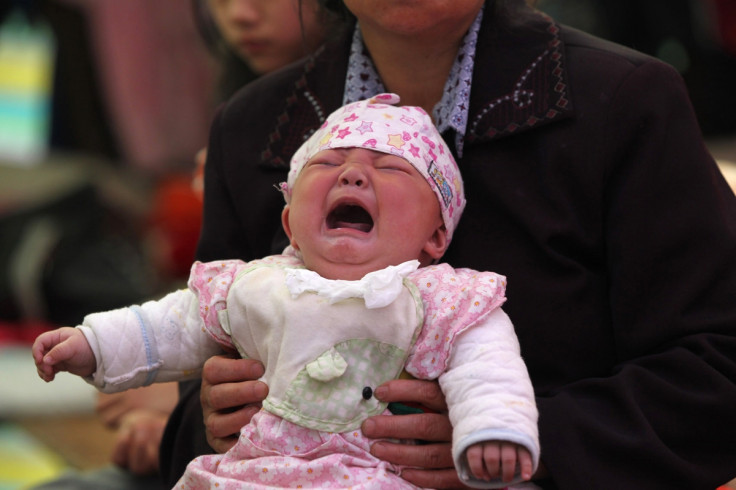China formally abolishes decades-old one-child policy

Chinese lawmakers have formally passed a bill ending a decades-long one-child policy as the world's most populous nation tries to tackle an ageing population. Following the session at the National People's Congress Standing Committee on Sunday (27 December), Beijing officially embarks on a two-child policy from 2016.
The newly-amended Law on Population and Family Planning reads: "The state advocates that one couple shall be allowed to have two children." The move effectively ends the infamous one-child rule, which has been in force since 1971 when the Asian giant sought to curb population explosion.
According to the state-run Xinhua news agency, the change will be in force from 1 January, 2016. The latest policy change had been announced by the Communist Party in October 2015.
Announcing the proposal at that time, the ruling party said: "To promote a balanced growth of population, China will continue to uphold the basic national policy of population control and improve its strategy on population development. China will fully implement the policy of 'one couple, two children' in a proactive response to the issue of an ageing population."
The change in China's family planning policy also comes against the backdrop of a shrinking workforce. Figures suggest nearly 100 million people could be affected by the move. Experts still question whether China can cope with the challenges by merely boosting the potential birth rate, besides raising rights issues.
William Nee, a China researcher at Amnesty International, said: "The move to change China's one-child policy is not enough. Couples that have two children could still be subjected to coercive and intrusive forms of contraception, and even forced abortions – which amount to torture."
"The state has no business regulating how many children people have. If China is serious about respecting human rights, the government should immediately end such invasive and punitive controls over people's decisions to plan families and have children."
Following the introduction of the controversial one-child rule in 1970s, the rule was strictly imposed through forced abortions and hefty penalties. This has resulted in an ageing population with relatively fewer young people to shoulder the burden of care. The policy also led to female infanticide and gender imbalance because boys were preferred.
© Copyright IBTimes 2025. All rights reserved.





















